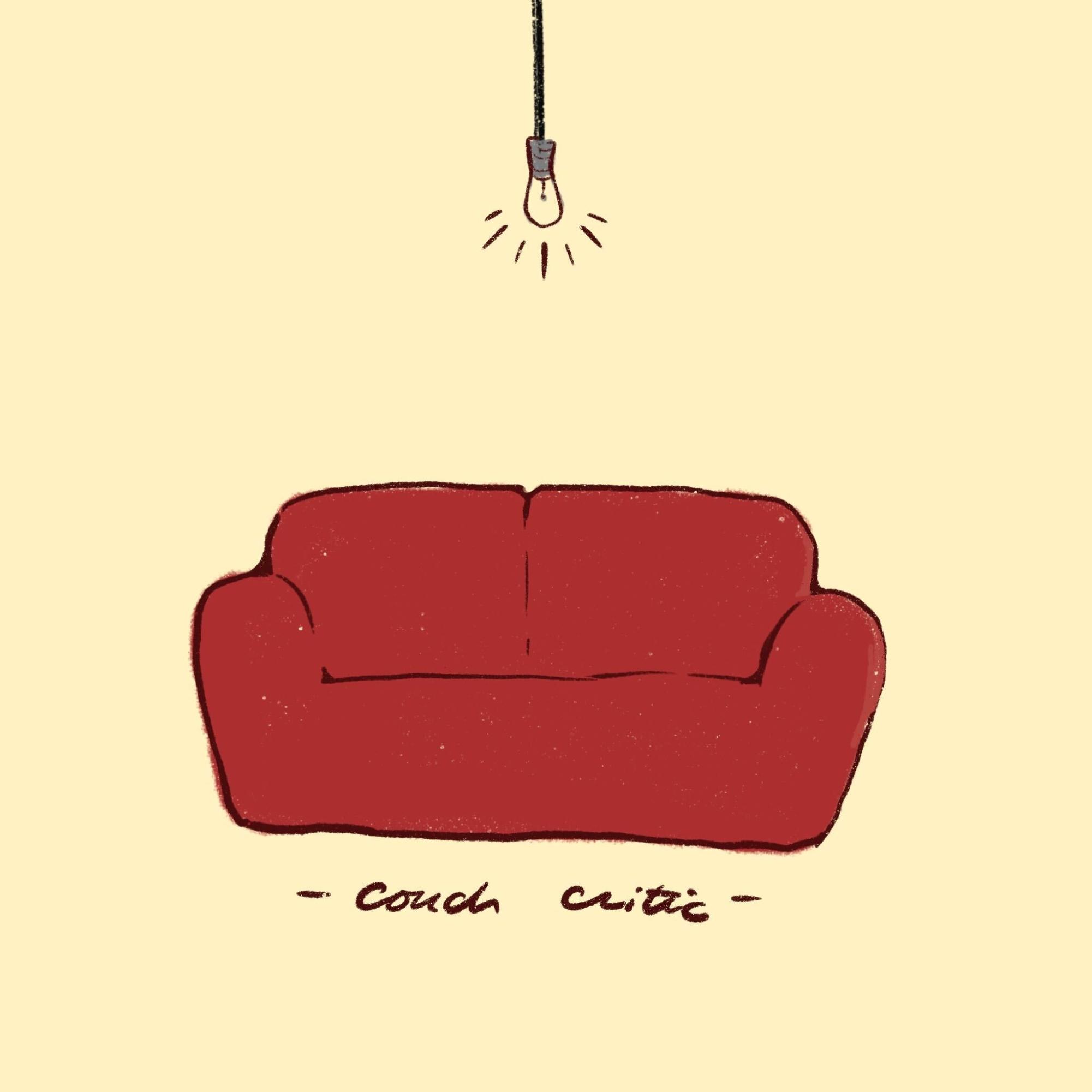Couch Critic // Jubilee: Engagement or Outrage?


As we near the 2024 election, my social media feeds have become a tapestry of viral political videos, debates and commentaries. Like nearly every voting-age college student, Jubilee election videos in particular are practically inescapable, overflowing my YouTube feed and filling my TikTok pages with subsequent compilation edits. With an average of four videos a week, each exploring different facets of political and social conventions, Jubilee videos have emerged as a hallmark conversation piece in the landscape of social media election discourse.
Taking full advantage of this contentious election season, two of Jubilee’s most popular video categories, “Surrounded” and “Middle Ground,” have skyrocketed in popularity. One “Surrounded” video alone has reached an astounding 21 million views and over 150,000 comments within just one month of its release. This particular video, “Can 25 Liberal College Students Outsmart 1 Conservative?” features right-wing political commentator Charlie Kirk and represents quintessential online debate culture — a mechanism for political pundits to verbally spar with their unprepared counterparts, often leaning into self-serving extremes.
In nearly every episode of “Surrounded” or “Middle Ground,” this dynamic plays out without fail. The videos frequently revisit the same topics and often feature the same debaters. Constituents of different facets of politics debate issues including, but not limited to, their electoral support, the competency of our respective presidential candidates and the problematic conduct of our nation’s political parties. Every debater in these videos is passionate, but they vary greatly in their levels of informedness, creating a challenging dynamic that can potentially skew perceptions of the issues and parties. If Jubilee aims to foster meaningful political discussions, having teenagers debate established political figures without any facilitators doesn’t seem like the most effective approach.
As per Jubilee’s mission statement, its videos intend to “provoke understanding and create human connection.” It prides itself for not being afraid to “go there,” for exercising its willingness to tackle challenging or sensitive topics and engage in complex issues affecting voters at large. Take its Middle Ground series, for example — its most recent episode, “60 Republicans vs. Democrats Debate the 2024 Election,” illustrates this approach. Jubilee asserts that Middle Ground is designed for opposing groups to come together empathetically and seek common ground.
Here is where my issues lie — Jubilee says it will “go there,” but when do they ever follow through? There’s nothing particularly brave or challenging about having 60 individuals scream at each other, failing to reach any productive solution. In such moments, Jubilee sits on the fence, profiting from the outrage rather than fostering genuine dialogue.
The goal of reaching a middle ground feels aimless and reductive, reducing complex issues to a mere one-sentence compromise. In the example of the aforementioned video’s debate section on gun violence, the two representatives reached the middle ground that school campuses should be safer — a stance already expressed by the majority of parents and teachers across America and a vague consensus that fails to communicate any meaningful solution.
Not every issue needs a forging of common ground. Adopting a neutral view on such contentious issues is seldom the most productive approach.
This is not to say that Jubilee videos lack value entirely. For example, in “60 Republicans vs Democrats Debate the 2024 Election,” the video highlights the existing divisions within even the same political party, illustrating how contentious discussions can be even in face-to-face settings. But, in my opinion, the primary takeaway we should have from Jubilee videos is that they are extremely entertaining. Given all the factors listed above, I don’t consider Jubilee a platform one should rely on for news or voting information. So while I don’t think having divided groups of people yell at each other absent of any facilitators is productive, it is undeniably entertaining.
Ultimately, these videos may serve as a snapshot of public sentiment, but should not be used as a substitute for in-depth analysis or informed discussion.
Recent Posts
SGB addresses concerns about ICE presence on campus, hears SJP lawsuit against administration, approves governing code bill
At its weekly meeting on Tuesday at Nordy’s Place, Student Government Board heard concerns about…
ACLU of Pennsylvania sues Pitt over SJP suspension
The ACLU of Pennsylvania filed a federal civil lawsuit against the University of Pittsburgh and…
Marquan Pope: The ultimate shark
One of the most remarkable things about sharks is that an injury doesn’t deter them.…
Who Asked? // Do we really get a summer vacation?
This installment of Who Asked? by staff writer Brynn Murawski mourns the seemingly impossible perfect…
Notes From an Average Girl // Notes from my junior year
In this edition of Notes From an Average Girl, senior staff writer Madeline Milchman reflects…
Meaning at the Movies // The Power of the Movie Theater
In this edition of “Meaning at the Movies,” staff writer Lauren Deaton discusses her love…
